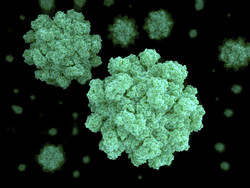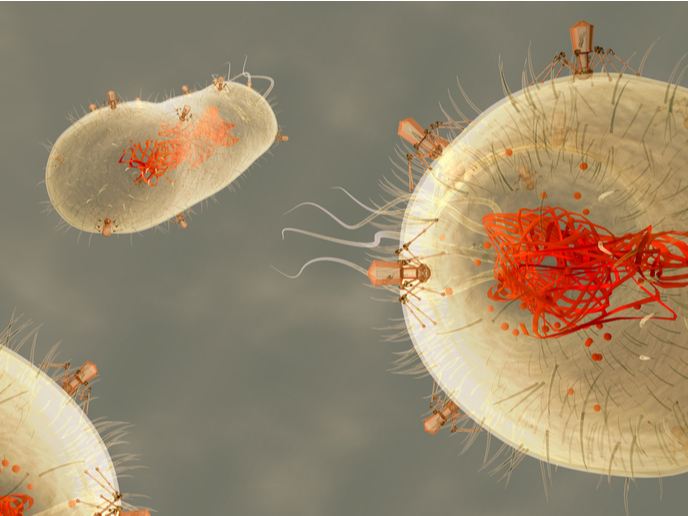Novel virus-targeting inhibitors
Acute gastroenteritis is the second most common infectious disease, accounting for millions of cases worldwide. NoV infections are the leading cause for acute gastroenteritis, necessitating the development of drugs or vaccines to combat NoV infections. The virus is highly contagious and resistant to disinfectants, making it difficult to control epidemic outbreaks. NoV recognises histo-blood group antigens (HBGAs) as cellular attachment factors. Scientists on the EU-funded NOROCARB (Targeting norovirus receptor interactions at atomic resolution) project investigated the interaction of NoV coat proteins with HBGAs at atomic resolution. The goal was to establish a firm basis for the design of potent entry inhibitors. For this purpose, they had to decipher the thermodynamics and kinetics of binding of entry inhibitors to the viral coat protein VP1. Researchers employed a rational approach based on nuclear magnetic resonance binding studies with virus-like particles. They synthesised VP1 labelled with stable isotopes for NMR spectroscopy and observed relative binding topologies of natural attachment factors and entry inhibitors. The team discovered that human NoV attaches to HBGAs on multiple sites and through a cooperative multistep process. Collectively, the generated information will be used for the rational design of novel multivalent inhibitors with improved affinities that prevent virus binding and entry into the cell. The findings of the NOROCARB study represent a novel paradigm for NoV-host recognition and will have a major impact on any research into NoV infection. They could also be extended for application to other members of the family of Caliciviridae viruses.







